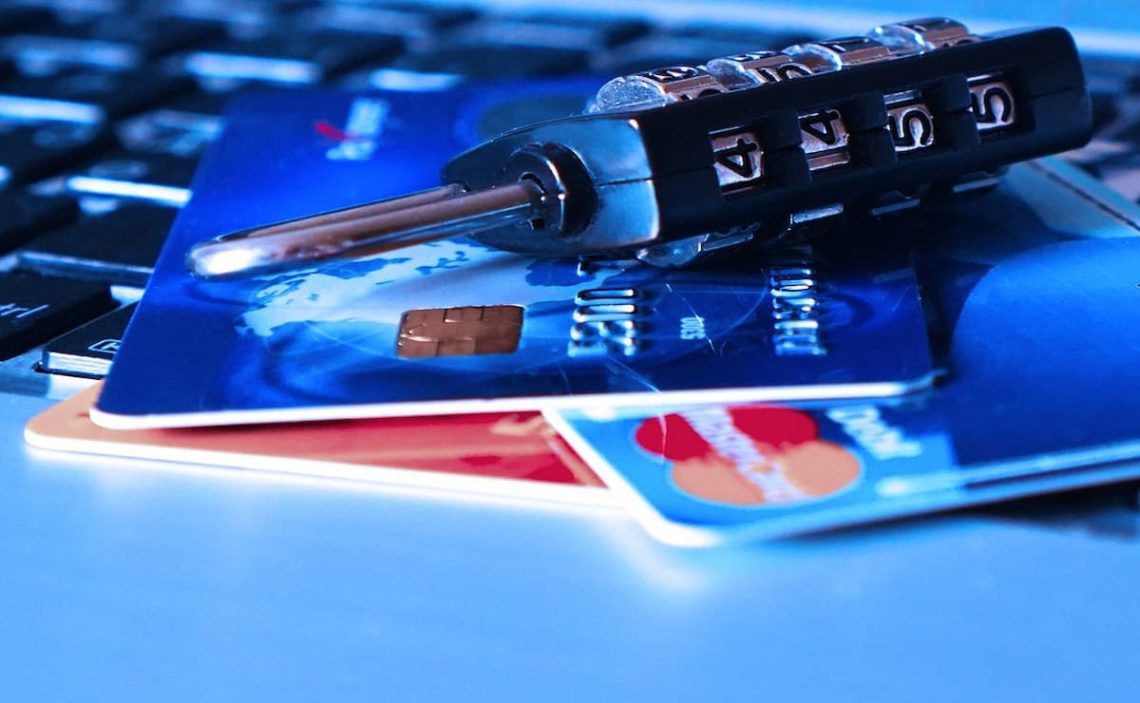The Social Security number is a very important identifier both from a hiring and employment standpoint, as well as from the financial aspects of a person’s life. Since it is such an important identification number, it is important to know what someone who appropriates this information can do.
But, to begin with, it is important to be clear about the Social Security identifier and what it is used for.
What is the social security identifier, and what is it used for?
It is a nine-digit identification number unique to each person. It is a government identifier, i.e., issued by the government for legal and tax purposes.
This documentation is usually assigned when you are born in the United States, but if you have not previously applied for it or were not born in the country, you can apply for it when you become an adult.
The importance of this identifier is key in aspects such as:
- Accessing jobs
- Filing your taxes
- Present legal documentation and obtain documentation such as passports.
- Open credit cards or bank accounts
That is a unique form of identification: only in very specific cases, a person can have two identification numbers in his life. For example, in cases of personal security protection. However, it is important to know that applying for a new ID is very costly, time-consuming, and involves a complex approval process.
Can your Social Security number be stolen?
The first thing to know is that whenever we talk about theft of this identifier, we are talking about impersonation. In other words, a criminal has obtained the Social Security number data and supplants our identity to carry out certain actions.
That does not invalidate that the number still works for the victim. Therefore, sometimes it makes it very difficult to quickly detect that someone is using our Social Security number to take our identity.
Although there are different ways through which criminals can obtain this information, the most common are:
- Data protection attacks: increasingly common over the Internet. They use various forms ranging from malicious e-mails to programs with viruses and Trojans.
- Through mishandled documentation: it is not uncommon for criminals to obtain data through mishandled documentation, send it to the trash without processing, etc.
- Direct theft: this may be more uncommon, but if our home or documentation is stolen, relevant data can be accessed, including our social security ID number if we have it written down or on our person.
What can a criminal do with your Social Security ID?
There are several actions that a criminal who comes to steal your identity can take. All of them can be complex and, in some cases, really serious for the victim’s interests.
The most common actions following identity theft are:
Fraudulent use of identification
It is very common. It consists of the offender using your data to identify himself to third parties. For example, imagine that you want to identify yourself to the police after committing a minor crime. Procedurally, the misdemeanor can reach you from the judicial point of view.
To contract some financial products
Although this attack has become more difficult for criminals in recent years, it is still possible to contract certain financial products such as bank accounts. However, they usually request additional information such as a driver’s license and other general data. That becomes even more complicated if you have had all your personal information stolen.
Accessing your benefits
That is a practice that is not often talked about, yet it is very dangerous. Criminals can gain access to your state or federal benefits such as EBT, SNAP, or Medicaid by being linked to your SSN. One of the most frequent attacks is on unemployment benefits in which they fraudulently access the amounts you are entitled to. While it is possible over time to reverse this situation, it can take a lot of time and effort.
By extension, they can also benefit from obtaining medical care because of your insurance number and having the billing for it catch up with you. Generally, this happens when defaults accumulate on your credit score.
Can you find out about the theft?
As it is an impersonation, and you will be able to continue doing the everyday actions with the identifier, it is not easy to detect it.
Some signs you should take into account are if you receive mails in another person’s name, if you receive calls from debt collection companies that you have not made, or if you receive documentation about financial products you have not requested.
Generally, it is recommended to review this type of situation periodically. Also, check your credit history because, if your identity has been impersonated, it is likely that within this history, you may notice some error or relevant data to understand that your privacy is being attacked.
Once convinced that you have suffered a theft or impersonation, you should immediately contact your financial providers to report the situation. Of course, you should also inform the credit bureaus and request a police report.
Journalist and historian. Writing content for the internet full time since 2009. He has collaborated and continues to collaborate in some of the main networks of blogs on economics and finance in Spain, Mexico and the United States among other countries, writing in both English and Spanish.
He specializes in content on personal finance management, insurance, savings, investment, etc., although he has written and supervised for other types of topics throughout his more than twelve years of experience in internet content.
Some samples of his work over the years in FinancialRed, Bolsa24, or Euribor.com.


